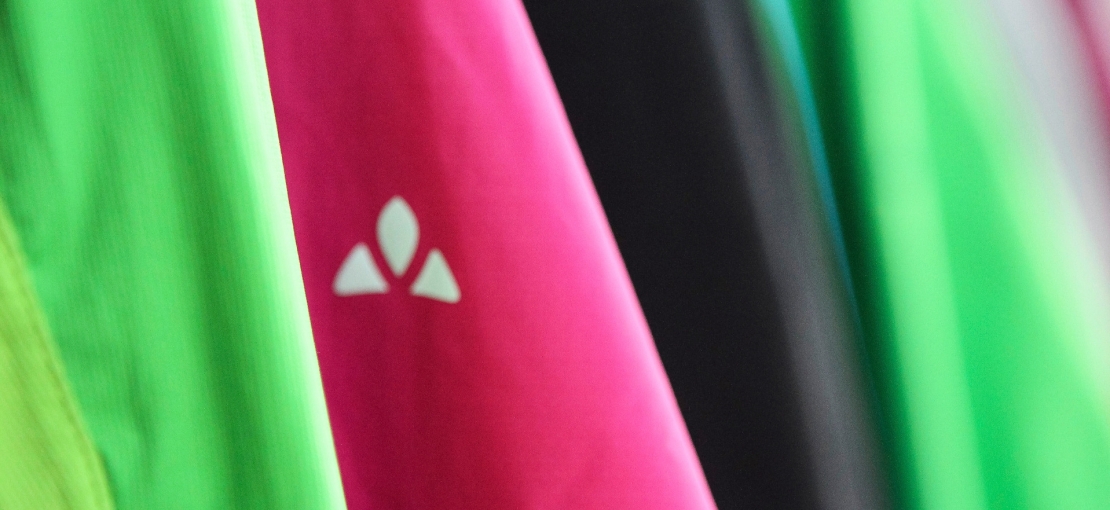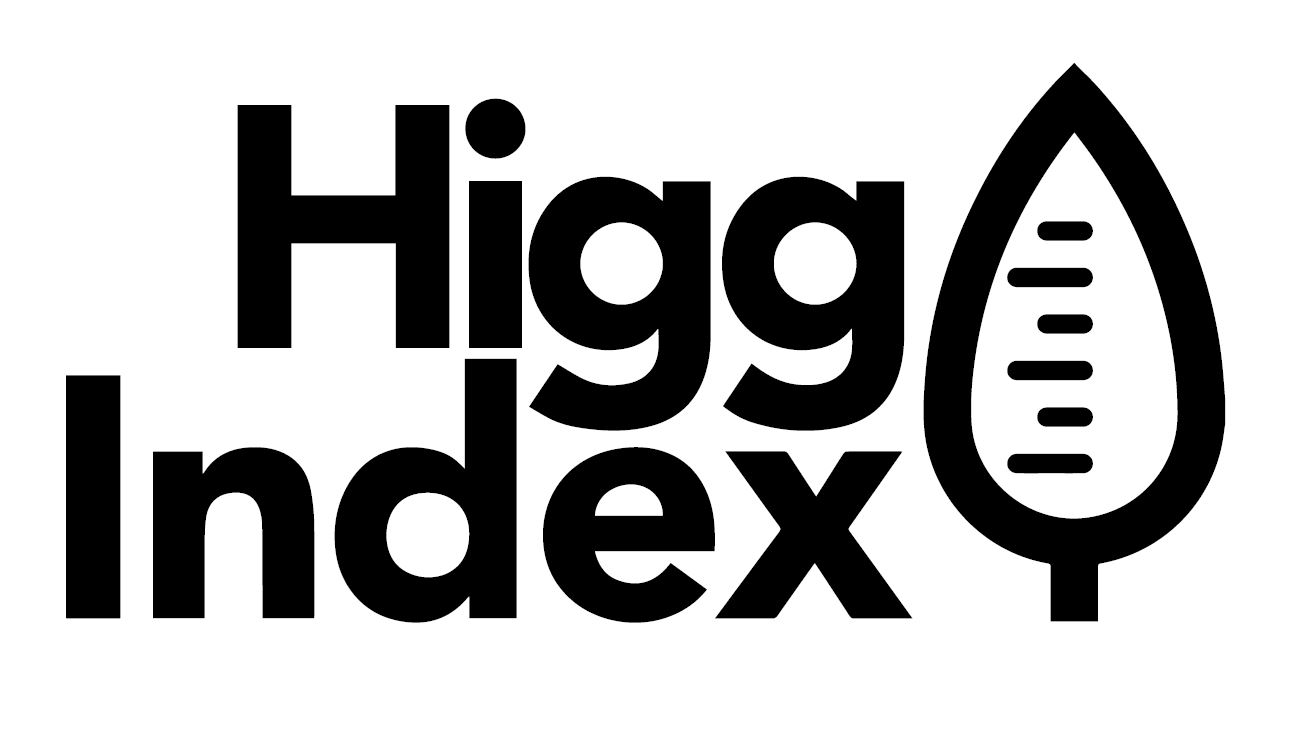
Higg Index
Measuring sustainability?
How do you measure the sustainability of a brand, supplier or product? You have to take into consideration a lot of very complex environmental and social issues along the entire life cycle of the product.
In our globalized world, the division of labor in the value chain makes workflows efficient, but often also less transparent.
Joint program of the textile industry
Aware of the fact that there is a need for action and that we're all in this together, several companies in the textile industry and many organizations from civil society, science and research have joined forces and developed the Higg Index under the auspices of the Sustainable Apparel Coalition.
The Higg Index is a modular, web-based instrument for measuring the sustainability of sporting, outdoor and fashion apparel and footwear. Currently, it is a purely voluntary tool that’s being tested within the industry.
VAUDE works primarily with the Brand Retail Module (BRM), which evaluates companies and the brands themselves based on a wide range of criteria. VAUDE’s performance is assessed as “good” to “very good” in all areas. We share the results within the Higg platform with customers and suppliers who also work with the module. The Higg Index is not yet intended for publication. Once reason for this is because the Sustainable Apparel Coalition is still working on the system for verification of the data by independent reviewers.
Making supplier sustainability transparent
The greatest asset for VAUDE is the second module of the Higg Index: the Higg Facilities Environmental Module (FEM). More and more of our suppliers – both producers and material manufacturers – are working with this module in which production facilities record their various environmental impacts such as water, energy and material consumption and how much waste and emissions they generate.
The advantage is that they only have to do it once and can then share the results with all their customers. For VAUDE, the benefit is that all suppliers use the same methodology and we can easily evaluate the results which we can use to identify where our suppliers still need support and offer them targeted training and projects to improve environmental performance.
VAUDE focuses strategically on industry solutions
VAUDE was actively involved in the development of this index. As a founding member of the EOG Eco Sustainability Working Group, we were already closely involved in the predecessor of the Higg Index, the "Eco Index" developed by the Outdoor Industry Association OIA in the USA and the European Outdoor Group (EOG) in Europe.
For us, the importance of the Higg Index lies in the fact that it covers the international textile industry very extensively and has the potential to actually become a uniform evaluation standard for the entire sector. Other Higg Index modules are also continuing to be developed. The Materials Sustainability Index (MSI), for example, evaluates materials according to various sustainability criteria. VAUDE uses it as a basis for the VAUDE Material Policy. Read more here
We have worked hard to ensure that the Higg Index is compatible with the requirements of the Alliance for Sustainable Textiles, which the German government established. With success: The supporting organizations of both standards are now coordinating their content and we are all pulling in the same direction and avoiding having to meet yet another standard. More about the Alliance for Sustainable Textiles here

»As an industry-wide solution, the Higg Index is an important step towards making resource consumption in the supply chain transparent and conserving resources.«

| GRI: | 103-1 |
| GRI: | 103-2 |
| GRI: | 103-3 |




